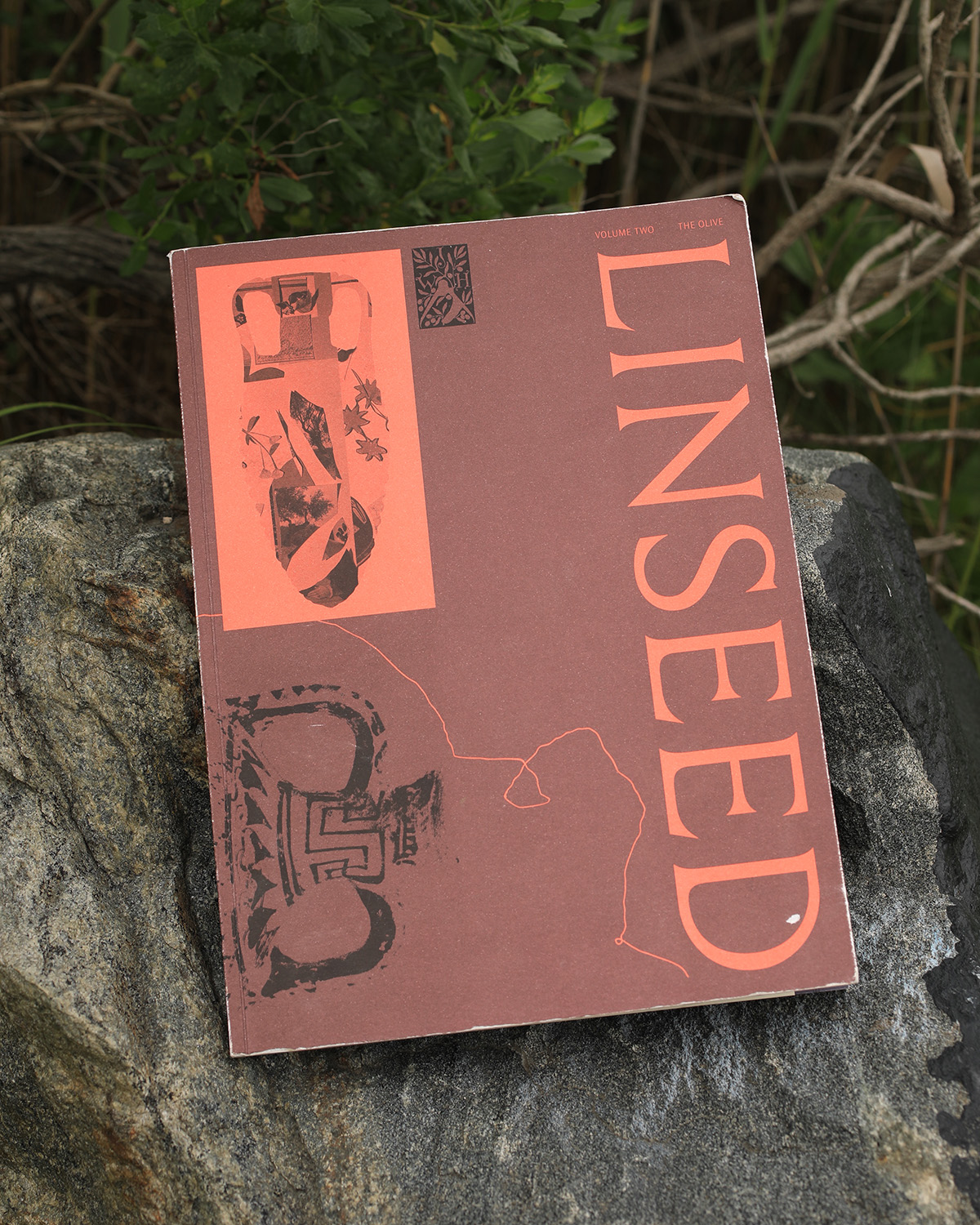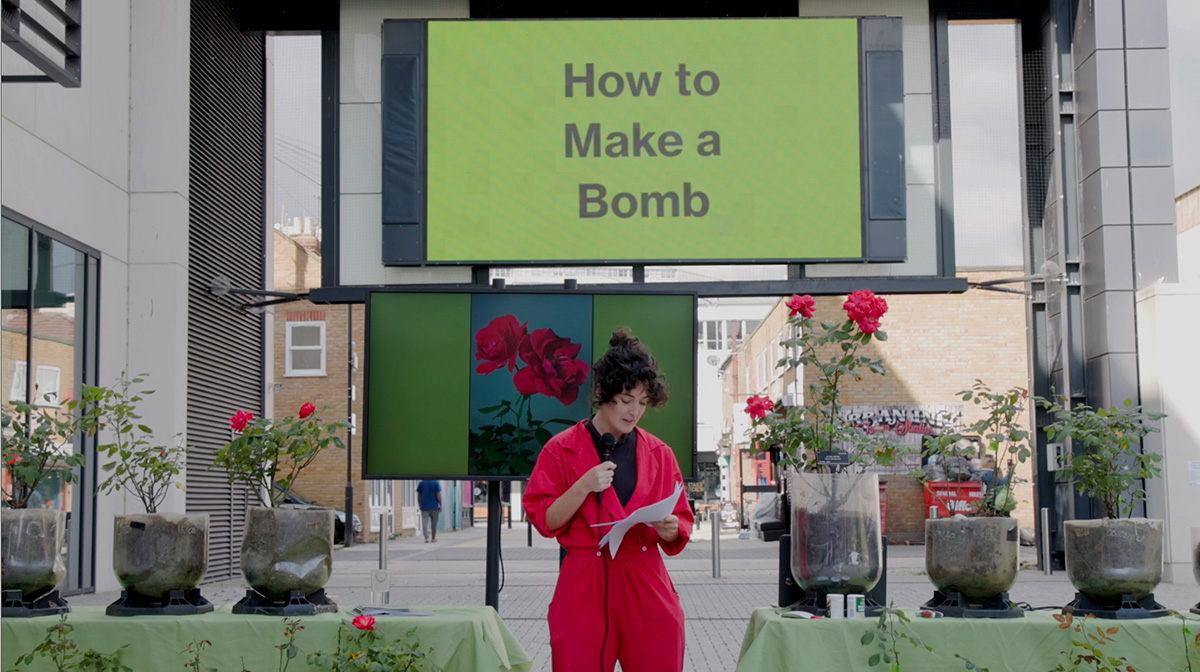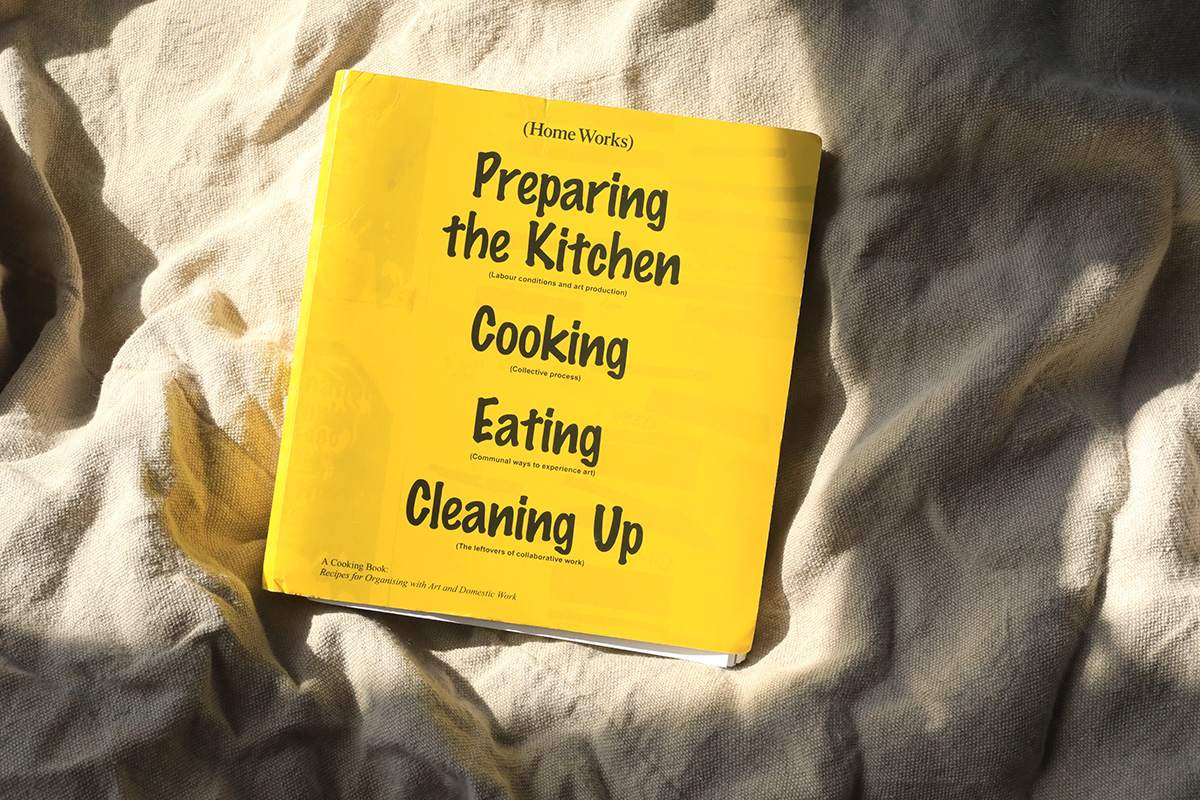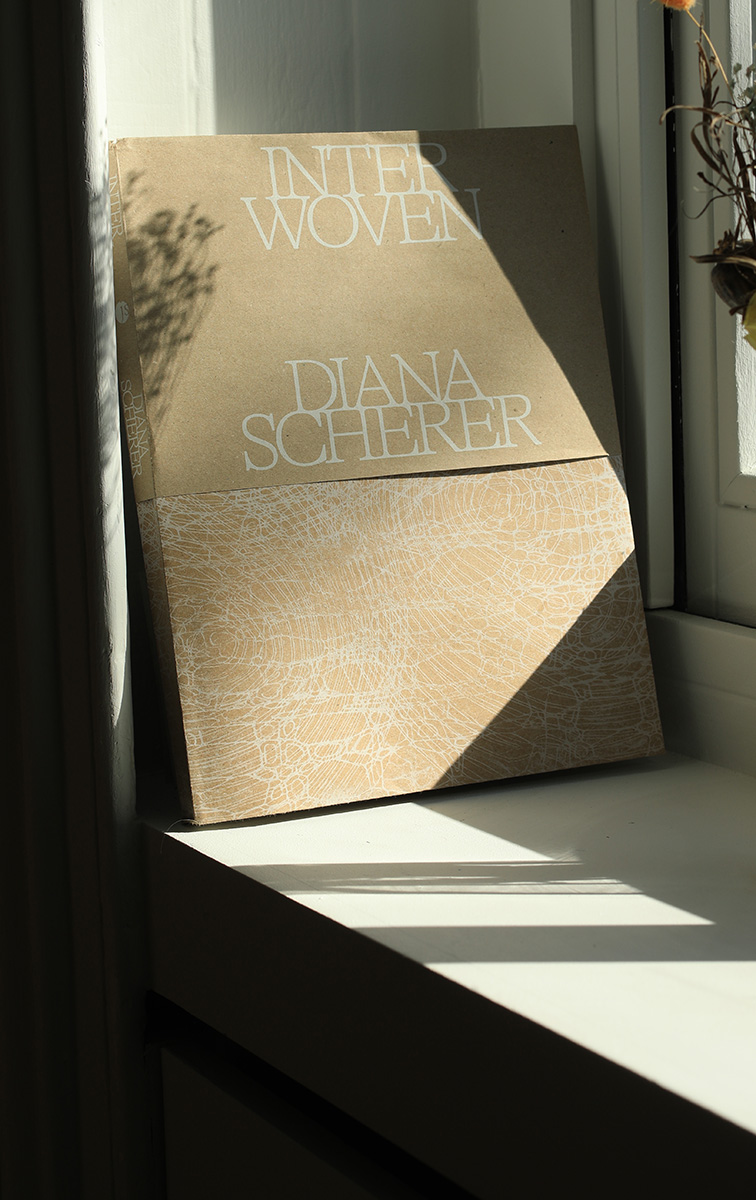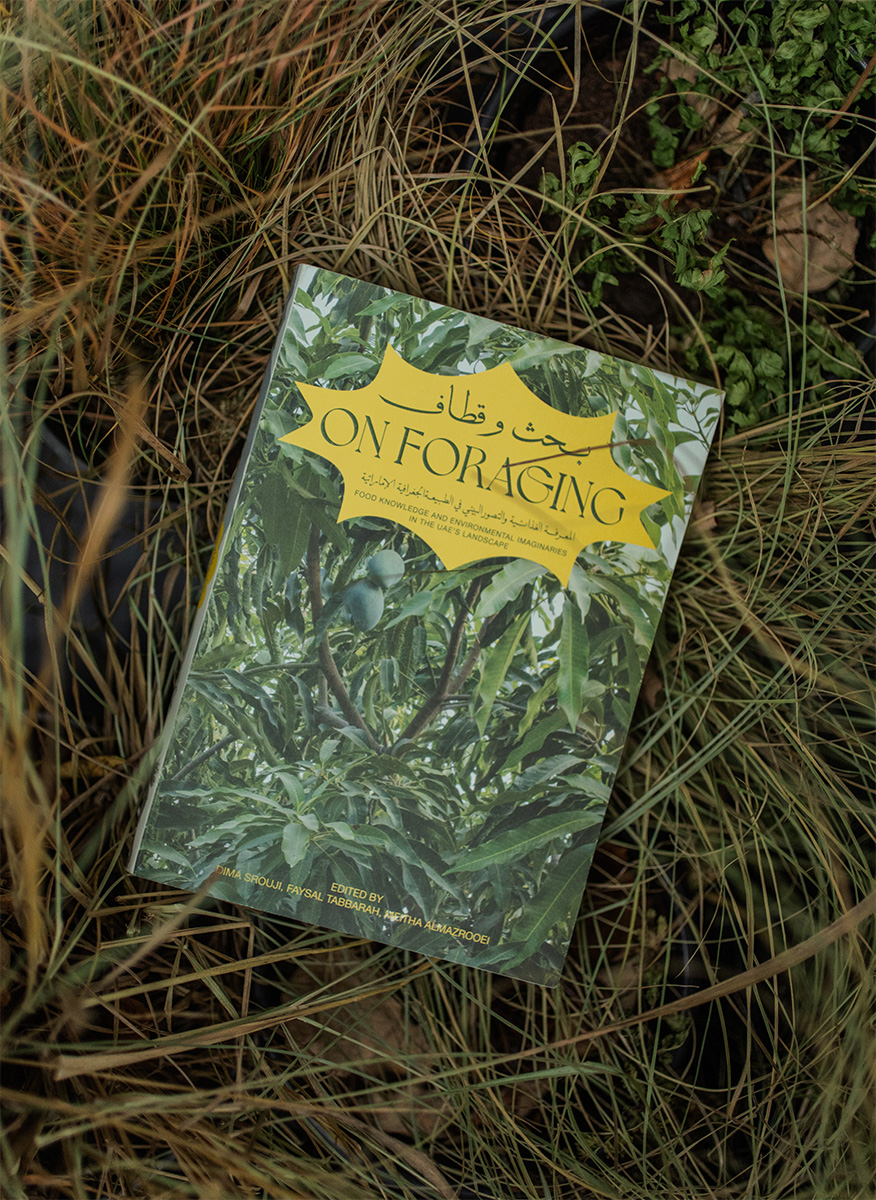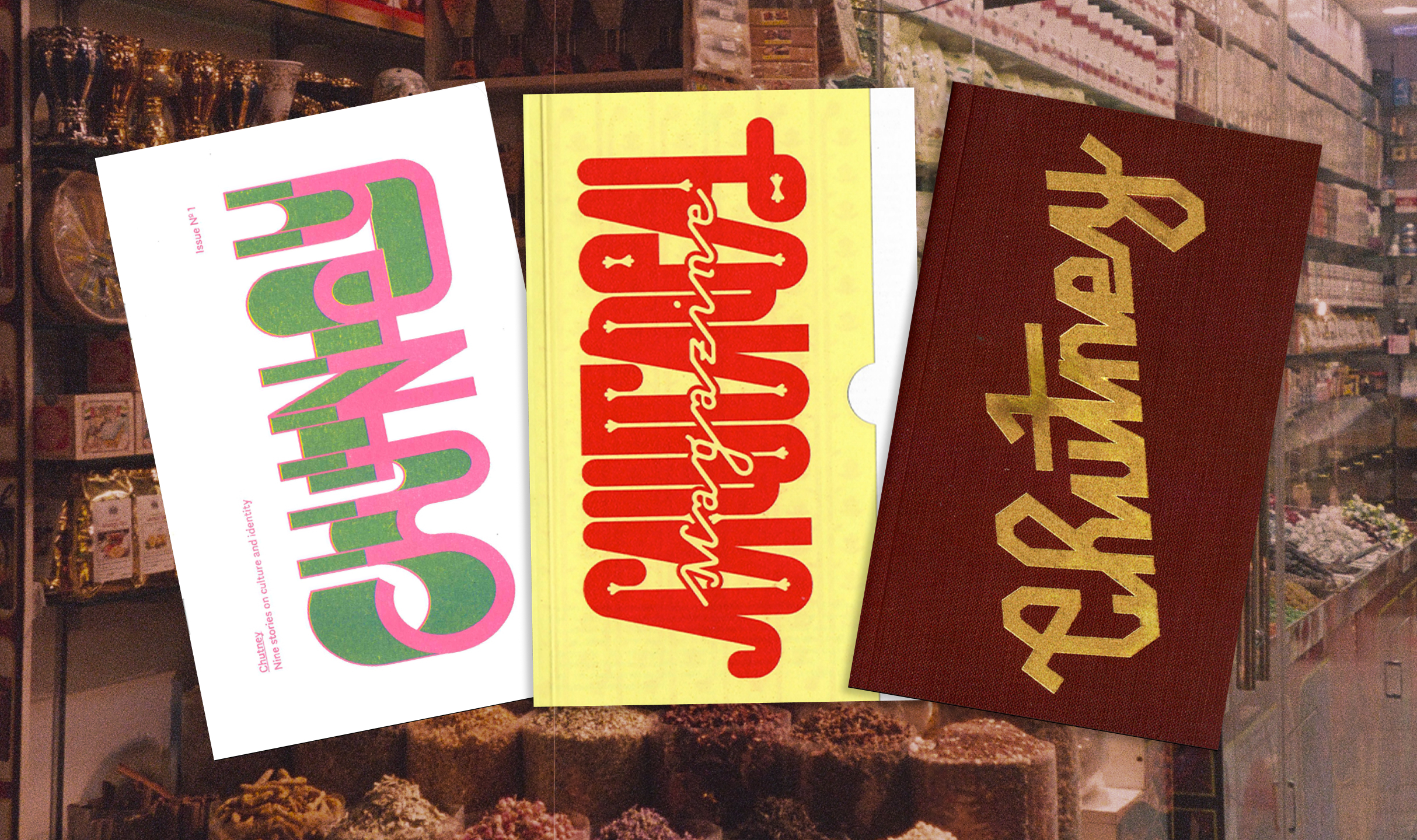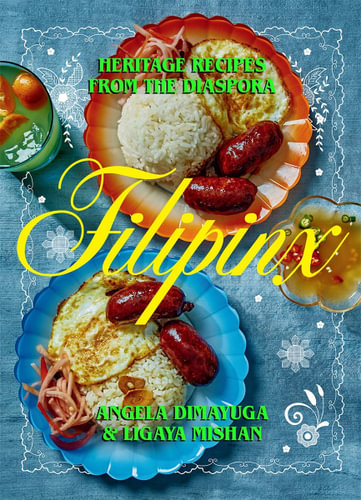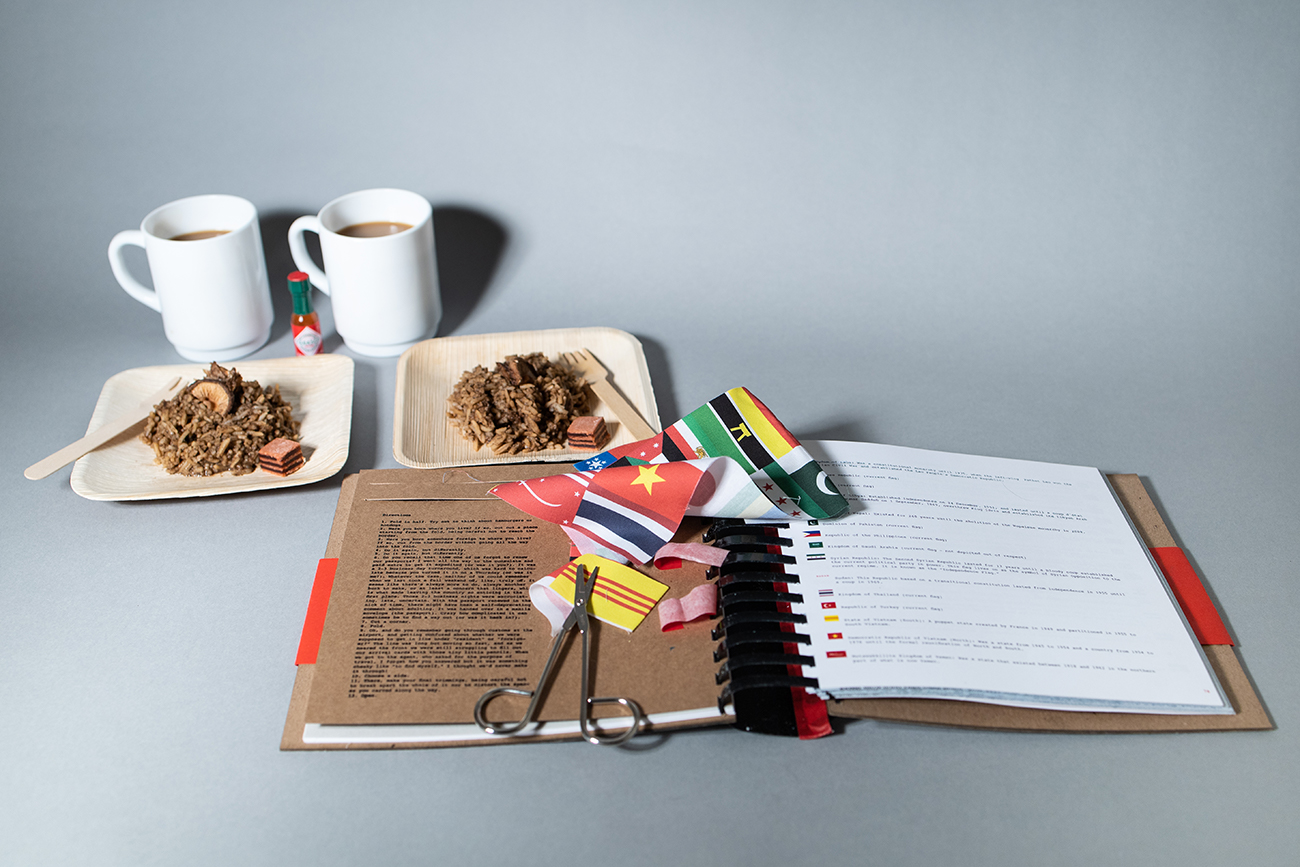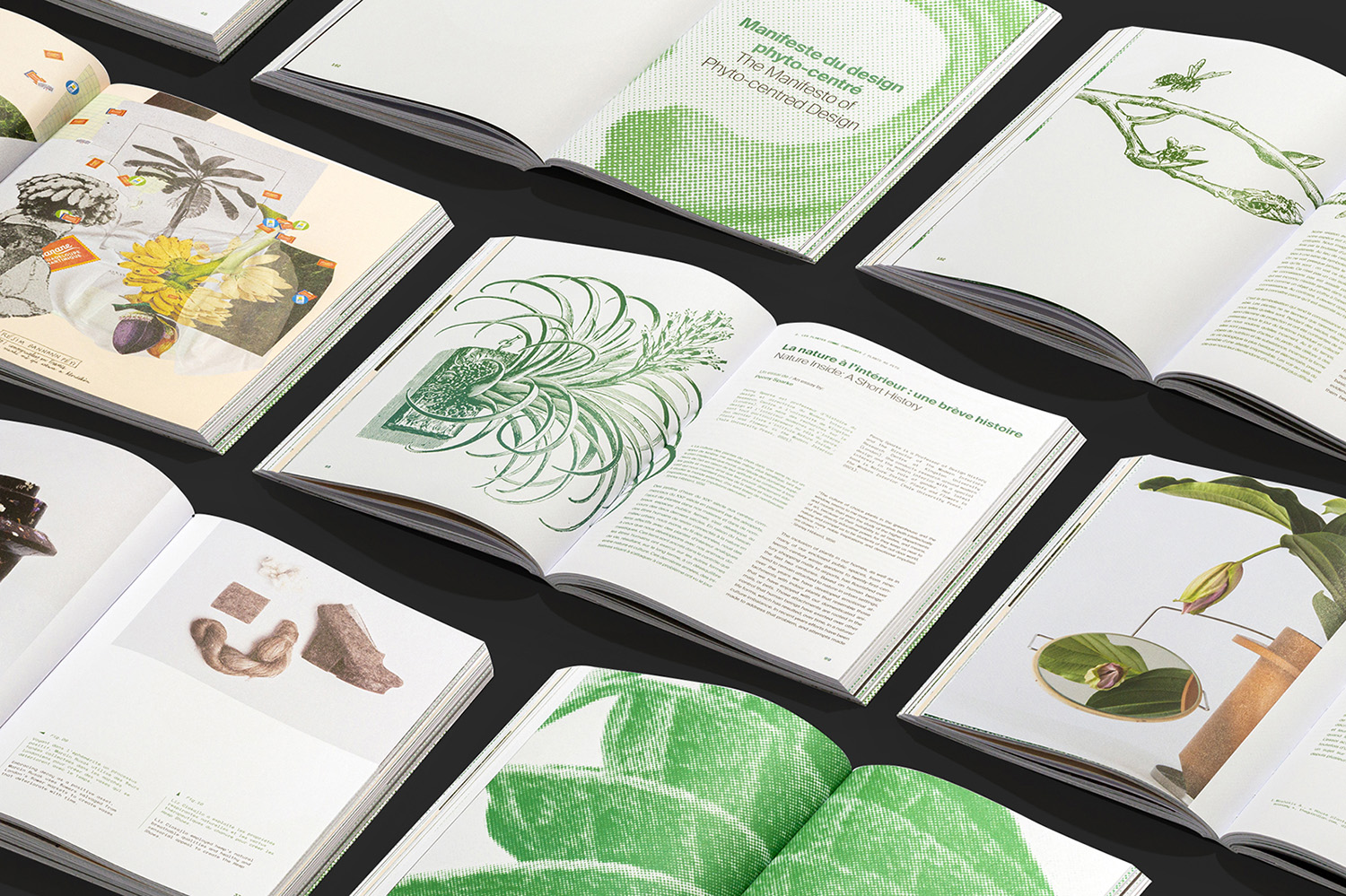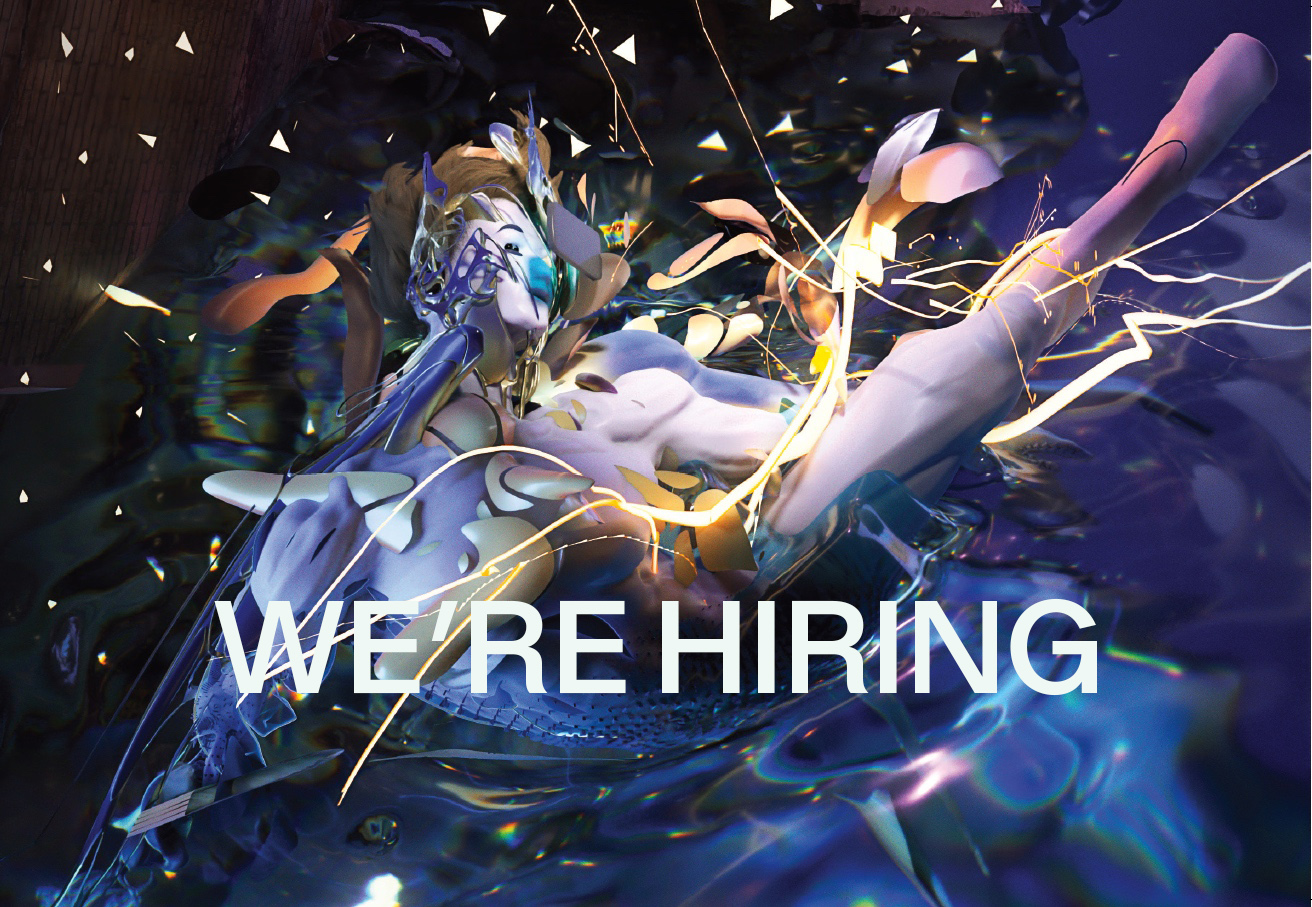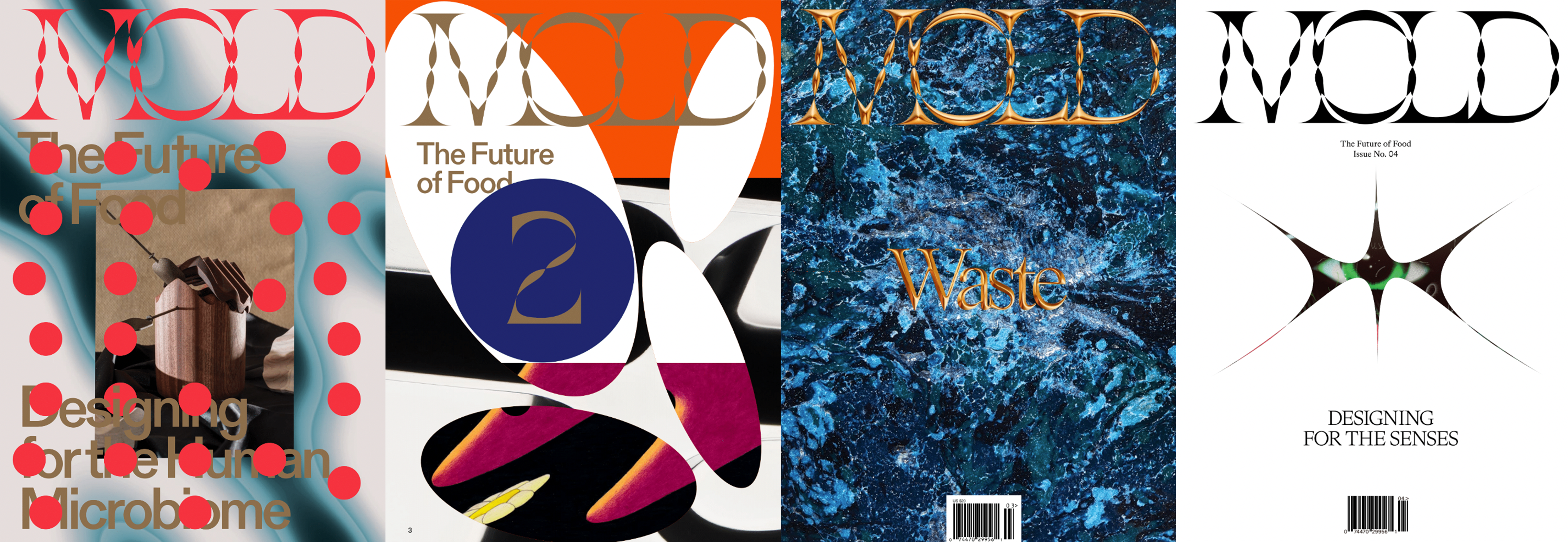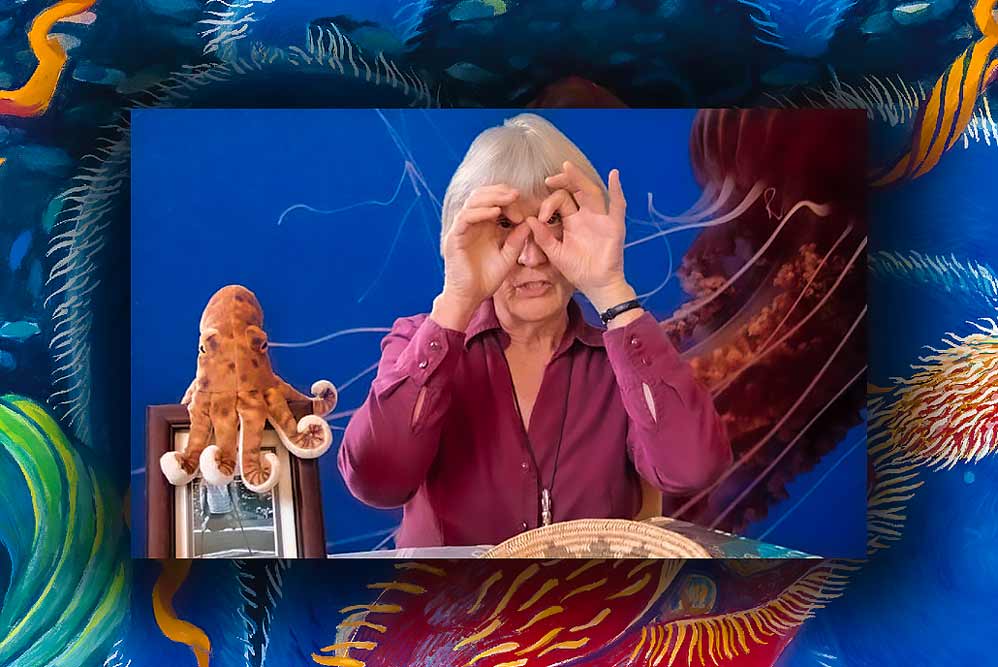Of the parade of food conferences, the most notable is the MAD Symposium founded by noma’s Rene Redzepi as a gathering to exchange ideas amongst chefs working to transform the food system. The conference, which hosted its 6th event last month, takes place in sprawling fields dotted with red circus tents and speaker stages covered with moss and fallen logs. Like the philosophy of its founder, the conference celebrates geography, season and place.
Though the topics at MAD (Danish for “food”) are more serious than some of its contemporaries in the food conference space (like the recently launched Healthyish Homecoming from Bon Appetit with panels on wellness topics like CBD and activated charcoal), it offers its own vision of utopia. At MAD6, Dan Giusti, noma alum, led a talk called “Feeding A Million,” on the future of school lunches. MIT Media Lab Fellow and flavor scientist Arielle Johnson spoke about being disappointed that restaurant R&D hasn’t already trended weirder.
This week the MAD Symposium is becoming more accessible to a global audience of concerned eaters with a new series called MAD Dispatches from the discussions. The first book in the series, You and I Eat The Same: On The Countless Ways Food and Cooking Connect Us To One Another, has a foreword by Rene Redzepi and was edited by former Lucky Peach editor-in-chief and founder of the non-profit ZeroFoodPrint, Chris Ying.
 Everyone loves a flatbread
Everyone loves a flatbread
In an era where our borders have never been more contentious, essays on table manners, the ubiquity of flatbreads wrapping meat, fried chicken, use of fire, and leaves used for steaming reveal the similarities across cultural boundaries. Likewise, the book continues the playful legacy that Lucky Peach readers craved through its authentic tone and funky creative direction. “This book is ultimately about immigration. We probably wouldn’t have made it if Trump hadn’t been elected. The overarching goal is the idea of commonality, rather than talking about immigrants as foreign entities or total aliens, the point of this is to generate empathy through food,” Ying told MOLD.
One essay inside You and I Eat The Same, “Curry Grows Where Ever It Goes” by Ben Mervis takes a look at the way we categorize cuisines as ethnic. “Somehow Indian food has been considered separate from British cuisine, even though curry and nominally Indian flavors are so intrinsic to the culture,” says Ying.
In the wake of #MeToo, which revealed celebrity food veterans like Mario Batali and Estela’s Justin Carter created cultures of fear in restaurants, conferences like MAD are forging spaces that address the longstanding mistreatment of marginalized people in the industry.
Where food conferences often falter is that they attract an insular audience, are costly, and in a location many can’t travel to even if they wish they could. Conferences like Taste Talks (a food conference from the Northside Media Group) was recently in the press for withholding payment from employees. Cherry Bombe, a conference specifically for women in food, was criticized on Instagram by attendee Krystal Mack, a Baltimore business owner and baker, for it’s surface level engagement with issues brought to light.
Acknowledging this, You and I Eat The Same, hopes to be a new way to get the word out. “It’s less about the audience for food conferences and more about ways to share the ideas that come out of it with everyone. Hopefully these dispatches have a part in that,” says Ying. Volume 1 is out this week, but it can also be read for free on your morning commutes in New York City through the MTA’s Subway Reads program.
Some, like food and beverage writer Alicia Kennedy, who founded Food Writer’s Workshop, have addressed the exclusivity around food discourse by making ticket prices more accessible. “Other conferences put a lot of ‘successful’ writers and editors on a stage who, at this point in their careers, can’t offer much tangible advice. It was very important to me and my co-organizers, Layla Schlack and Emily Stephenson, to create something very different that centered working writers and editors, people who are still hustling,” she says. “We had no desire to make money from it, so we were able to keep the ticket price to $13.50.”
So how does one use an influential platform for real, lasting change? “Noma is such a leader in this. Not everyone can afford to eat there. They’re a restaurant but they’ve taken the platform they have as the world’s best, taken the influence and prestige. They’re trying to do something with their position that reaches a lot more people,” says Ying. MAD’s non-profit vision will continue to evolve through new education initiatives and follow-up volumes of the book.
